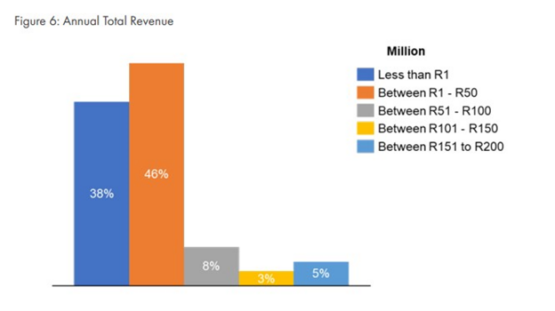The 30 November deadline for crypto asset financial service provider (FSP) licences has arrived, and the Financial Sector Conduct Authority (FSCA) says it received 93 applications by the end of October, 19 of which had been subsequently withdrawn for various reasons.
That left 74 applications to be processed. The first batch of licences go before the FSCA’s executive committee in December for decision, and licences are expected to be issued imminently for those qualifying.
ADVERTISEMENT
CONTINUE READING BELOW
Read: Crypto assets to be treated as financial products in South Africa [Oct 2022]
Katherine Gibson, deputy commissioner at the FSCA, told the media at a presentation on Thursday that the licensing regime will assist in getting SA off the Financial Action Task Force grey list.
“There are other battles [in terms of getting off the grey list], but this is an important one. If you want to participate in this market, make sure you do it with an entity that is licensed and authorised with the FSCA. If not, you run a big risk of being scammed,” said Gibson.
Crypto adoption
A market study commissioned by the FSCA offers fresh insights into SA’s crypto industry. It says nearly 10% of South Africans currently own cryptos, and this figure should reach 43% of the population by 2030 – a more than four-fold growth in crypto adoption.
The statistics around ownership and usage in SA suggest South Africans’ interest in crypto has been piqued, but the asset class is “not yet fully integrated into daily use, not a substitute (yet) for traditional financial products and services”, said Awelani Rahulani, the FSCA’s head of fintech.
Read:
Around 4m people in SA own crypto, and even more use it [Aug 2022]
Number of crypto millionaires nudges 90 000 [Sept 2023]
A study by Chainalysis ranks SA behind Nigeria in the number of crypto asset users. In SA, 86% of people have heard of crypto assets.
Who is applying?
Keith Sabilika, a senior fintech specialist at the FSCA, gave some insights into the business models of crypto companies applying for licences.
About half the revenue in SA’s crypto industry comes from crypto exchange activities, 19% from advice, 15% from crypto brokerage, and 9% from currency exchange.
Source: FSCA
ADVERTISEMENT
CONTINUE READING BELOW
To get a licence, several factors are considered by the FSCA, among them:
- They must be fit and proper in terms of the Financial Advisory and Intermediary Services (Fais) Act;
- Demonstrate the criticality of the market services provider;
- Offer multiple services;
- Market support services such as custody and payments;
- Operational policies must cover Know Your Customer (KYC) and Customer Identification and Verification (CIV) processes and onboarding, client data protection, cyber risk management, conflict of interest management and resolution, complaints handling, and credit counterparty risk management; and
- Pass due diligence checks with the Payments Association of SA and the SA Reserve Bank Financial Surveillance Department.
Counterparty risks
Given the collapse of some major international exchanges, such as FTX, the FSCA says it is paying close attention to the counterparty risks.
Those operating “mining nodes” (such as bitcoin miners) or offering security tokens and non-fungible tokens (NFTs) will not require licences, at least for the moment.
Read:
Crypto intermediaries must now be licensed FSPs [Nov 2020]
SA to require crypto exchanges licensing by year-end [Jul 2023
The FSCA says it compared crypto asset service providers (Casps) and Accountable Institutions (AIs) conducting crypto asset activities. “The main aim was to determine if the population of Casp applicants is the same as that of registered AIs,” said Sabilika.
That comparison shows there were 73 AIs registered with the Financial Intelligence Centre, relative to 93 Casp applicants as at the end of October 2023. “Only 16 registered AIs have applied for FAIS licences. There’s a significant number of registered AIs that have not applied for FAIS licences, and that necessitates a suitable response to curb the conduct of unregistered or unauthorised business,” added Sabilika.
Gibson said the work done by the FSCA is world-leading. “We are picking up and responding to the risks we are seeing as it affects the retail market.”
Read:
D-day for crypto assets has arrived, as FSCA targets scams [Oct 2022]
Fais Ombud now able to take on crypto asset complaints [Jan 2023]

